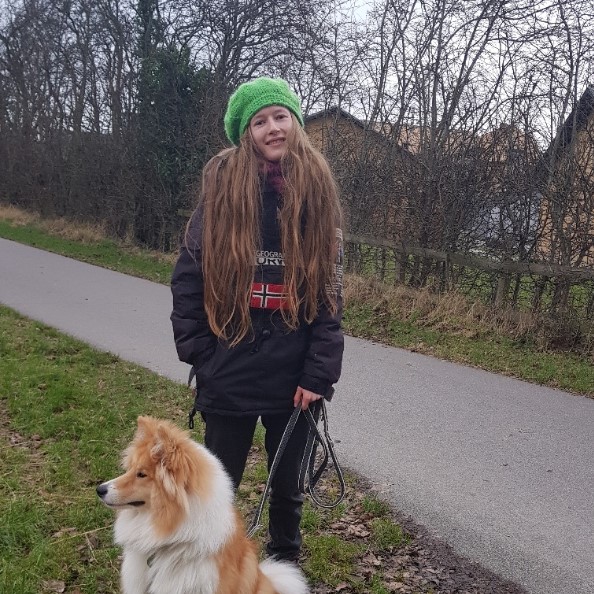Sound, music, and science
Have you ever wondered what the difference between sound and music is? What makes some sounds music and others not? Well, it is not that easy to answer, I can tell you as much!
In this course we will explore the science behind sound, and we will learn some music theory to understand what happens when sounds are combined into music. Did you know that what we hear as one note is actually a spectrum of tones? This spectrum is a core concept in music theory and can be calculated from a recording of the tone using physics and mathemathics. During the course, we will listen to cool sound phenomena, learn basic music theory about them, and do our own calculations to predict these sound effects! To be able to do that, you will be taught the required knowledge from music theory, acoustics (physics) and mathematics, which means that you dont need any prior knowledge from these fields.
After the course you will be able explain many things, such as why some notes sound good together and others don’t, why the same note sounds different on different instruments or how you can make „ghost“ notes (that is notes that you can clearly hear, but which are not there physically) appear. And you’ll have learnt many more cool things about music and sound! This course will probably change how you perceive music.

Sol Johansen
Session D
Applied Earth Sciences
Sara Gašpar
Art Against the Mainstream
Štěpán Folget
Biological Psychiatry
Aleksa Petković
Categories of Political Science
Gosha Evlanov
Contagion: infectious disease and society
Jana Lohrova
Cross-cultural studies 101
Mwika Kiarie
Defending Human Rights
Mirek Crha
Medicine
Soňa Feciskaninová
Neuronal Biophysics
Sara Banovska
Positive psychology
Laura Opletalová
Sound, music, and science
Sol Johansen
Surveillance capitalism
Vašek Šmatera
Sustainable design
Mariana Ochodková
Theory of General Relativity
Bohdan Glisevic

